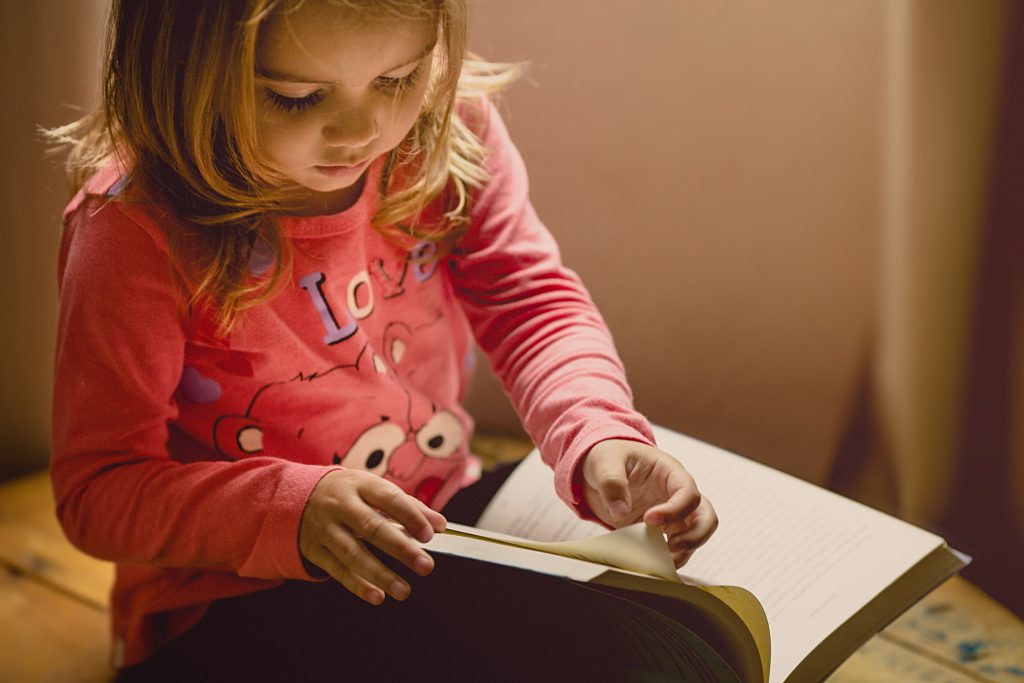Coronavirus has put us all into doubt and the constant news about the pandemic is making us feel anxious and stressed. All of this is taking toll on mental health and have increased stress and anxiety levels in children and adults in an unprecedented way. This is the time to do all we can to protect our mental health and the mental health of those we love.

As the coronavirus pandemic spreads, self-isolation or quarantine is one of the key tactics in reducing the infection rates. This lock down period has made families stay within their homes and not having physical contact with those outside. With the school and day-care getting closed, workplaces shutting and most of them working from home, families are experiencing longer days at home.
There are a lot of changes children are experiencing right now. There is disruption of normal activities like the sudden split from friends, including not being able to go to school, the park, play area and seeing the effects of stress on their parents. Children might not find easy to deal with change and some might find it extremely difficult. For parents trying to work from home, their ability to do so will rely on various factors from the age of their children and the nature of their work. The personality of parents and kids will also play a vital role in emotionally preparing kids during the coronavirus quarantine.
Here are few tips on how to help children get through this situation
- Reassure children that this is a temporary phase and that it is a beautiful way to spend quality time with their parents and family members, who are otherwise busy with office or work. Listen to their concerns and try answering their queries. Give them the attention that they need.
- Manage your child’s anxiety. It is normal for the child to become anxious at this time. Look out for emotional cues in your child and talk to them regarding the same. Make them understand that the things will be better if we take proper care. Remember this is a new situation for your children and do not get irritated with them.
- Set up a robust routine and schedule for children at home for online schoolwork, playtime, self-studies or recreational activities such as board games, music, screen time etc
- Keep them in contact with their friends. Physical distancing from friends could be cause of distress for children. Help them to be connected to their friends, cousins and loved ones by calling them up or through video calls.
- Do not stay on screens all the time. It can be tempting for children to just sit in front of the tv or gadgets. When children stop doing their normal activities, it can have effect on their mood. Families should try to enjoy having more spare time than usual, especially what can be very rare for kids during normal days. Parents can be prepared with games, craft, schoolwork and books.
- keeping physically active is critical to boost mood of the children. Engage them in indoor activities as they might get easily bored during the lockdown. Involve them in stretching exercises, yoga and dancing. Ask them to help you in simple household activities.
- Explain to them that social distancing is the best way to curb the virus from spreading and affecting people that they love. They need to understand that this is a worldwide phenomenon that’s never happened before and that everyone is in this together.
Above all, take good care of your children’s health and ensure they get into the habit of washing their hands frequently and cover their mouth and nose with bent elbow when they cough or sneeze. Watch out for any symptoms of COVID 19 in your children and reach out to the doctor if required. Ensure child gets good sleep and eats healthy food. Try to be as honest as you can about the current situation and the virus as children thrive on honesty. Thus, creating experiences with mindfulness will ensure children’s emotional and psychological well-being are safeguarded at all times.
Contributed by Dr. Nishal Pinto, Clinical Psychologist, Columbia Asia Hospital Sarjapur Road